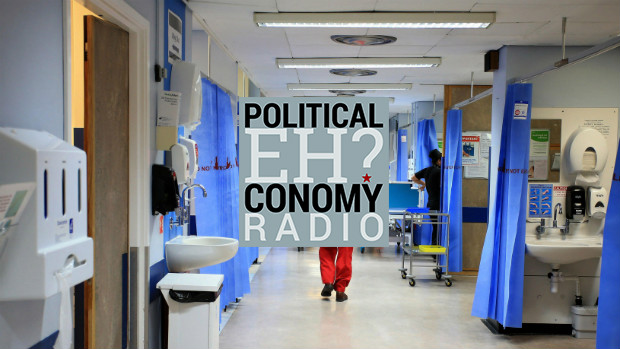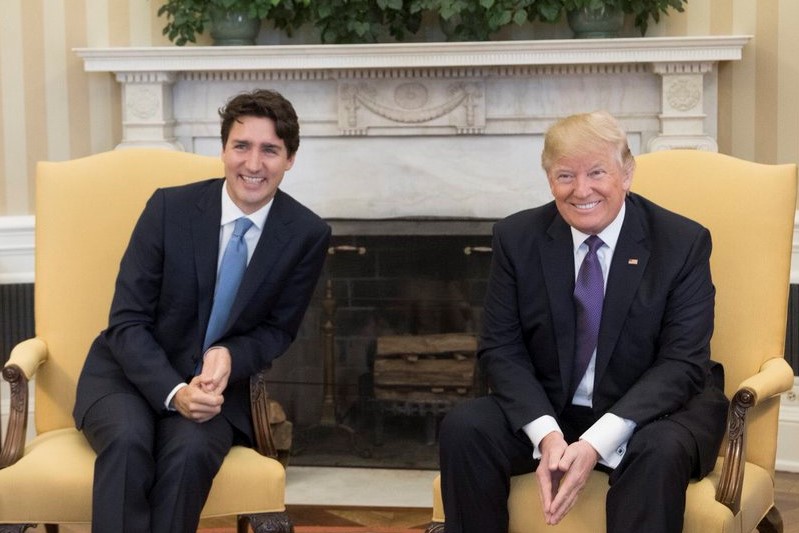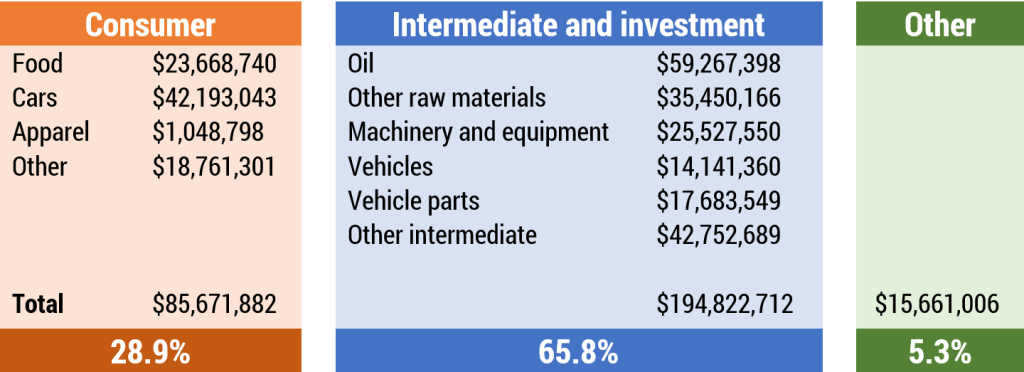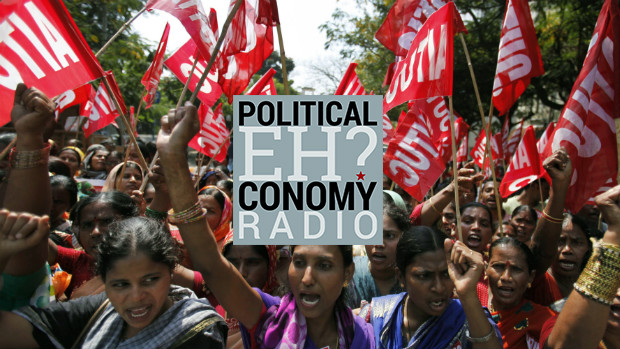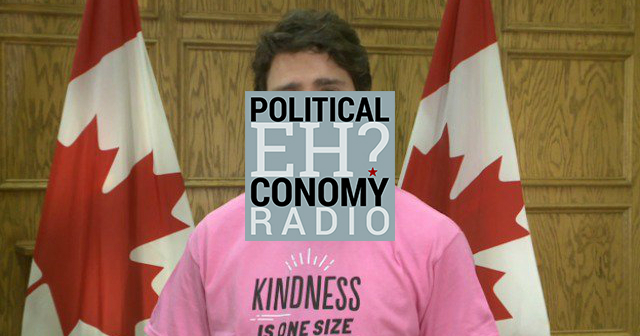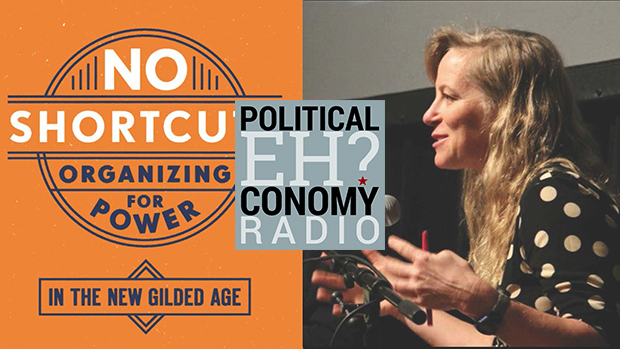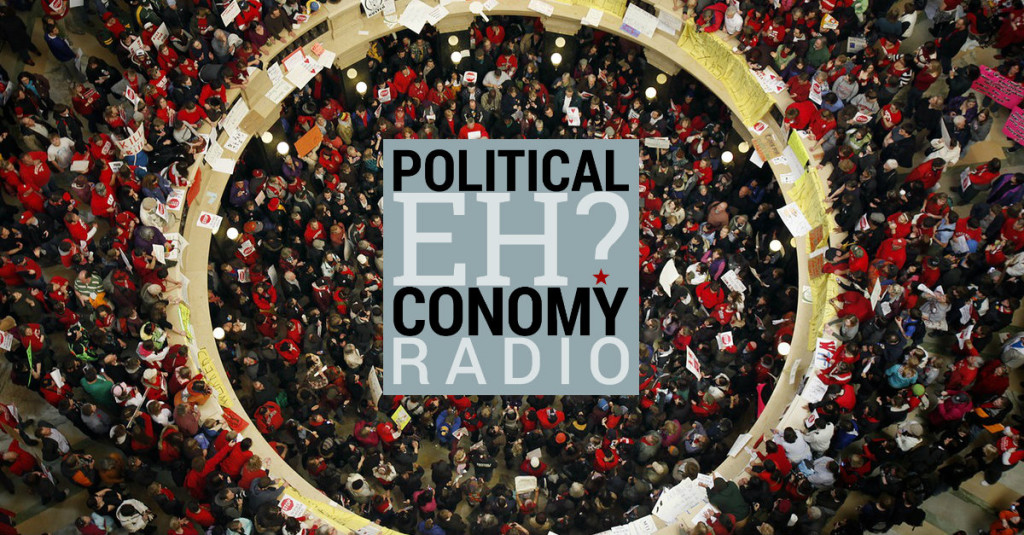Podcast: Play in new window | Download
Subscribe: Apple Podcasts | Android | Email | Google Podcasts | RSS | More
It seems the public sector is under attack from all directions these days. Despite historically low public financing costs, despite proven efficiency and innovation, the public sector gets a bad rap in the public eye—something all manner of politicians from hardened right-wingers to cosmpolitan neoliberals take advantage of, letting markets further seep into the very functioning of health, education and other basic services.
I have two guests today to talk about the threats to public services and how to combat them. First, Chris Parsons, Coordinator of the Nova Scotia Health Coalition, talks to me the problems with public-private partnerships (P3s), and takes us on a tour of bungled P3 schools in Nova Scotia. Second, Adrienne Silnicki, National Coordinator of the Canadian Health Coalition, discusses the state of public healthcare in Canada, both the threats from the private sector and the ways to fight for a better public system.
As always, remember to subscribe using the links below the player to get new episodes as they appear (you can also donate to help keep the show going).
